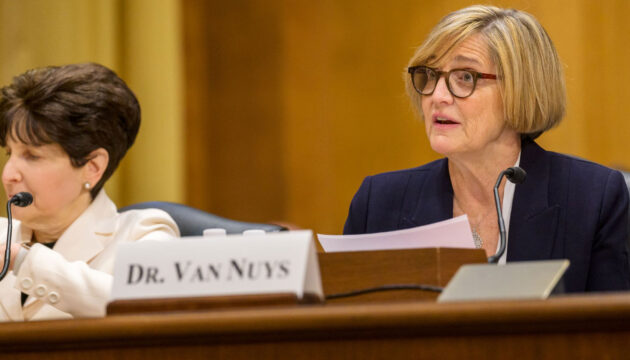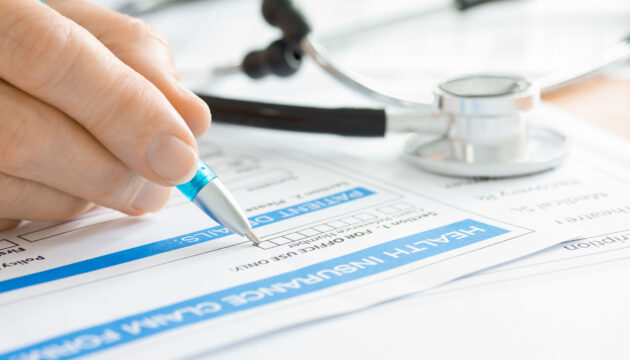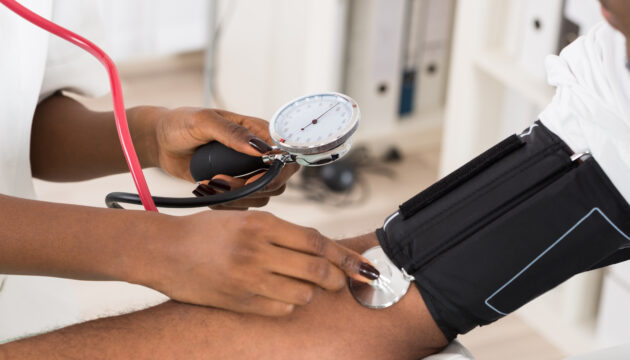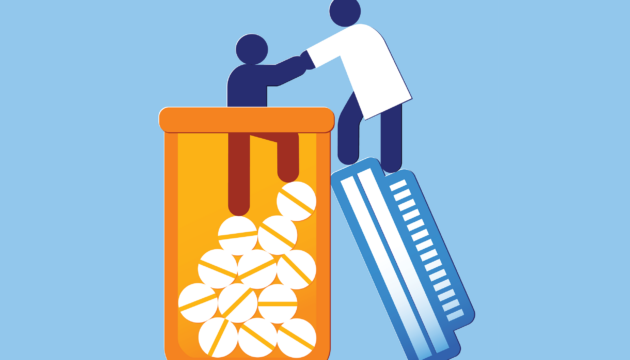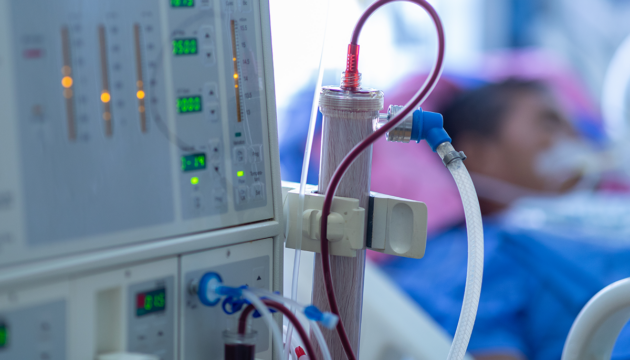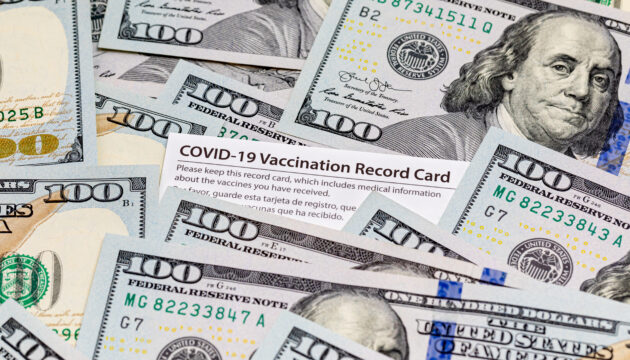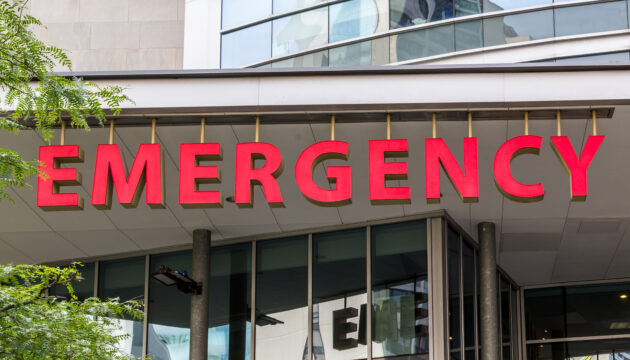Pressroom
-
New Schaeffer White Paper Offers Solutions to Ensure Greater Patient Access to Prescription Drugs
The researchers propose three strategies for mitigating negative impacts of the Inflation Reduction Act to ensure greater patient access, increased innovation and lower costs.
Categorized in -
Senate Finance Committee Explores Costly, Secretive Practices in the Drug Supply Chain
Karen Van Nuys testified at the hearing, calling transparency “an essential first step.”
-
Prominent Health Executive Tom Priselac Named Vice Chair of Schaeffer Center Advisory Board
Priselac, who is CEO and president of Cedars-Sinai, has served on the board since its inception in 2011.
-
Medicare Advantage Enrollment Outpaces —and Nearly Overcomes— Traditional Medicare, New USC Study Finds
Medicare Advantage plans have seen a more than 300% increase in enrollment—with payment policy yet to catch up.
Categorized in -
False Confidence in Blood Pressure Knowledge Undermines Intentions to Seek Care
Most Americans don’t know the meaning of 120-80 mm Hg, but think they do.
Categorized in -
New Randomized Trial Shows Simple Letters Promote Better-Informed Opioid Prescribing
Letters successfully encouraged clinicians to check patients’ prescribing records, says study co-author Mireille Jacobson.
Categorized in -
Telling Doctors Their Patients Fatally Overdosed Reduces Opioid Prescriptions Up to One Year Later
Those clinicians who received the letter wrote 7% fewer prescriptions than clinicians who hadn’t received the notification.
Categorized in -
New Dialysis Studies Inform Delivery of Care, Ways to Improve Patient Outcomes
Researchers analyzed the effects of clinic ownership and dialysis timing on patient outcomes.
Categorized in -
Traditional Vaccination Playbook Doesn’t Work with COVID
New study finds financial incentives and other behavioral nudges made little difference among certain groups.
Categorized in -
No Surprises Act Will Likely Reduce Payments to Most Emergency Medicine Providers, According to New USC Analysis
A payment rule in the No Surprises Act will likely lead to lower rates for emergency medicine procedures.
Categorized in

